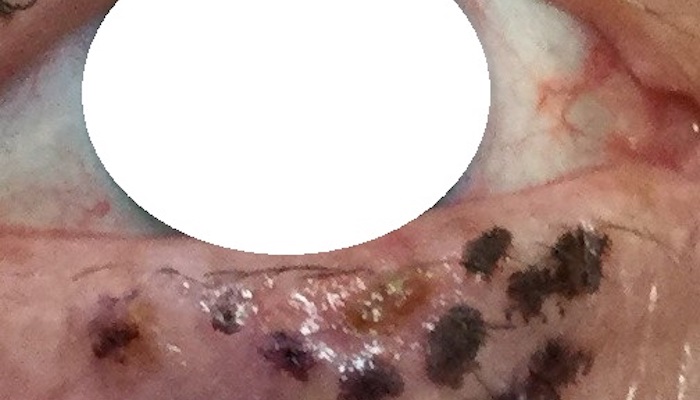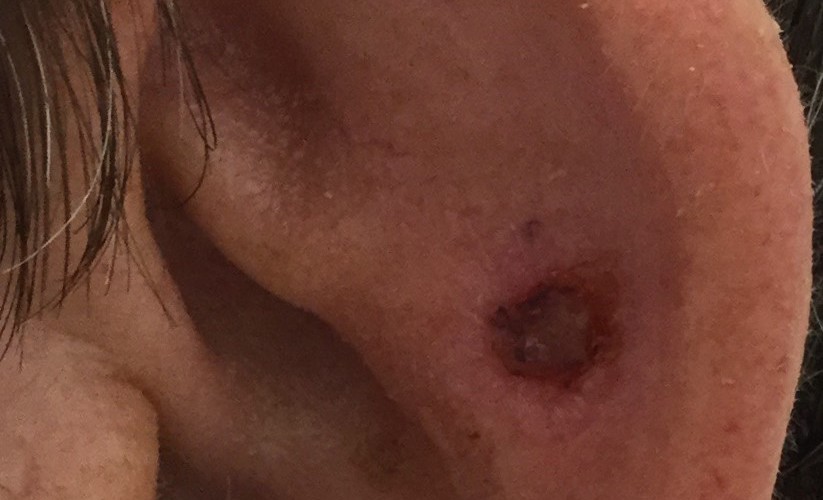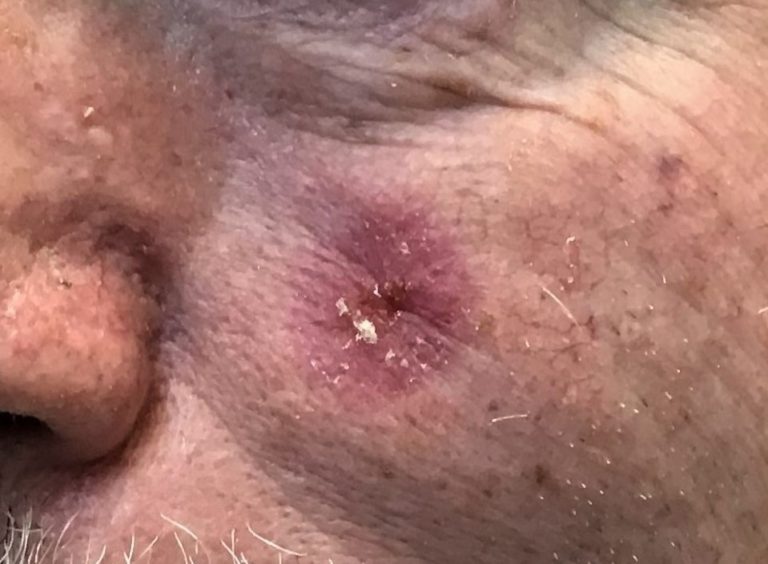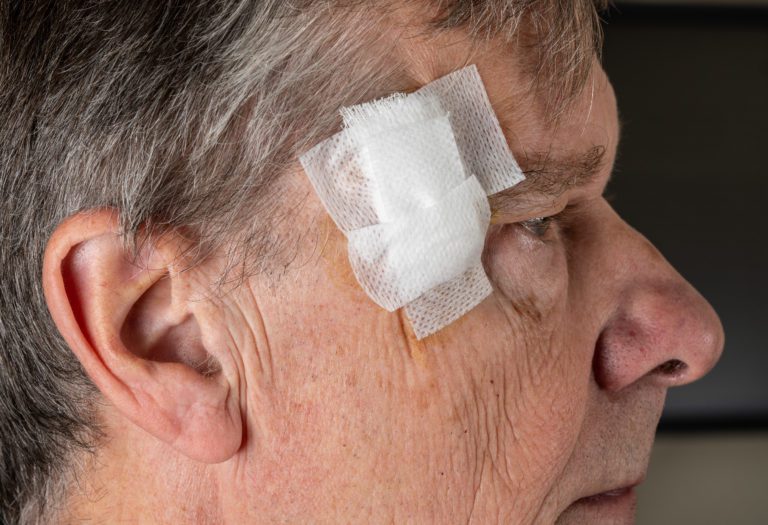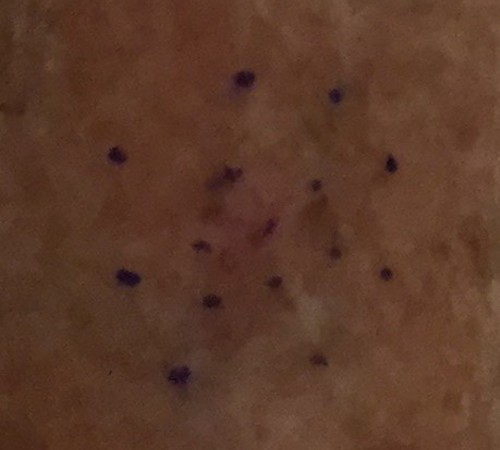
How Skin Cancer Appears on Ankles
While most skin cancer appears on the upper half of the body, particularly on the face, head, and neck, you can get skin cancer on your ankle as well. Ankles are more likely to see sun exposure than the rest of your leg, putting them at higher risk. But what does skin cancer look like…Read More


